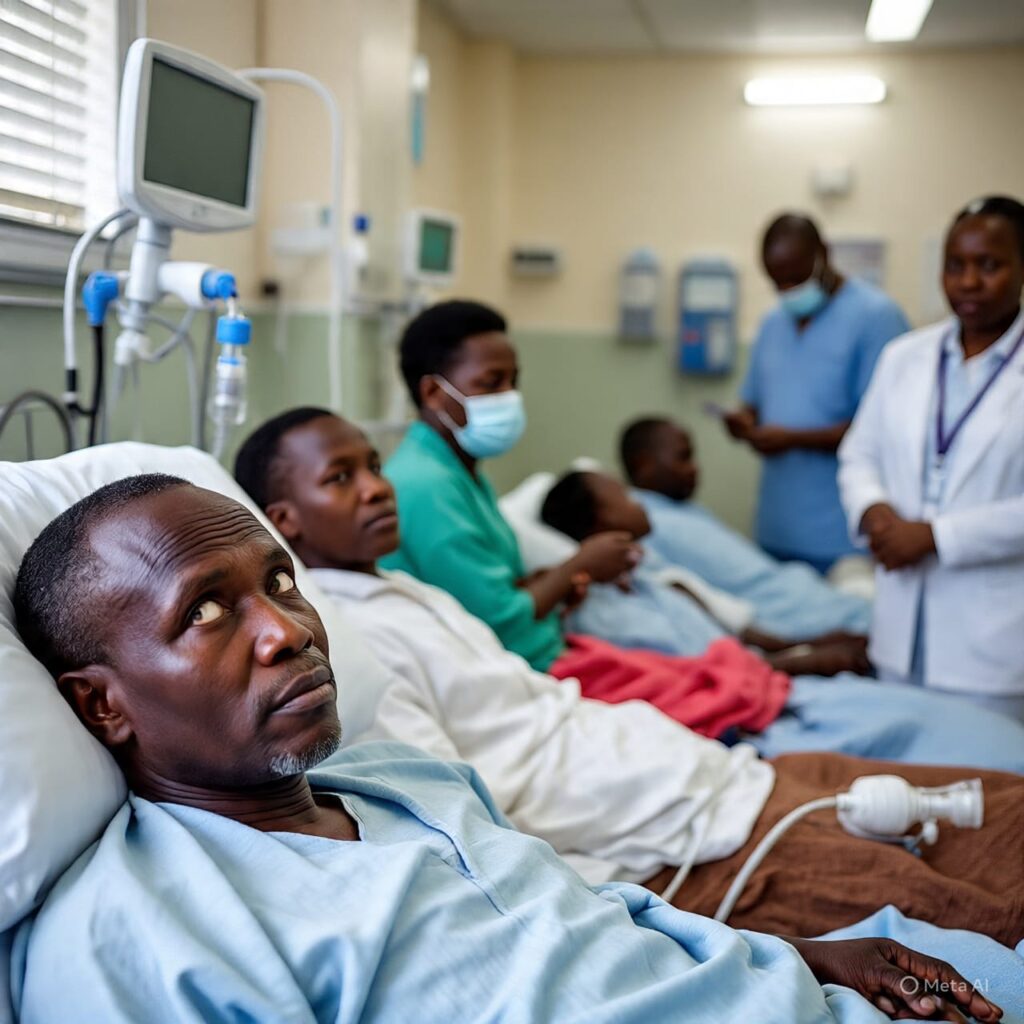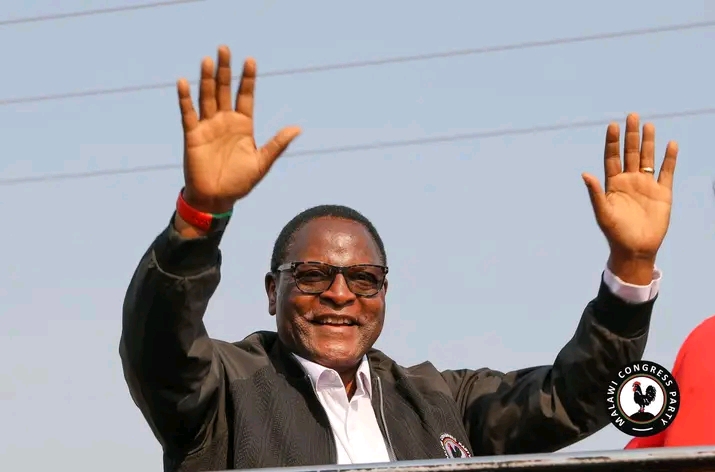By Jones Gadama
The unfolding crisis in Malawi’s public health sector, where tuberculosis (TB) patients are being cruelly turned away from hospitals without the life-saving medications they desperately need, is nothing short of a national scandal.
Secretary for Health Samson Mndolo has confirmed the grim reality: there is a severe shortage of first-line TB drugs across the country’s health facilities, leaving patients to suffer at home with little hope for immediate treatment.
But what makes this situation not just tragic but infuriating is the response—or more accurately, the callous non-response—of President Lazarus Chakwera.
In a moment that should have demanded urgent action and compassion, President Chakwera has instead chosen political expediency over human lives. Reports indicate that his administration is knowingly allowing this drug shortage to persist while the President intensifies his campaign efforts ahead of the September elections.
In an almost unbelievable display of political cynicism, Chakwera openly admits he cannot fix the TB drug shortage now, but insists that Malawians must first vote him into office on September 16 before any real solutions will be implemented

Think about that for a moment. People diagnosed with a deadly disease like tuberculosis—already vulnerable, already fighting for their lives—are being sent back to their homes without medication, told to wait and suffer in silence until after the elections.
What kind of leader looks at the desperate pleas of sick citizens and coldly says, “Wait for the votes, then I will help you”? This is not leadership; it is a grotesque betrayal of trust and an unforgivable failure of basic humanity.
Malawi’s TB crisis is not a secret. It is a well-documented public health emergency. Tuberculosis continues to be a leading cause of death in the country, and timely access to medication is absolutely critical.
First-line TB drugs are the frontline defense against this disease, and any interruption in treatment can lead to resistance, prolonged illness, and ultimately death.
Yet, under Chakwera’s watch, these essential drugs are vanishing from hospitals, forcing patients into a cruel limbo where their survival depends on political timelines rather than medical necessity.
The President’s directive to health facilities to send patients home without treatment is an egregious abdication of responsibility. It is a decision that puts political ambitions above human lives and dignity.
The message from State House seems to be: “Don’t bother the hospitals now. Just wait for the election to pass, then we will think about your health.” This is not just negligence—it is moral bankruptcy.
Furthermore, Chakwera’s campaign rhetoric, which promises a swift fix to the TB drug shortage if he is voted back into office, is nothing but a hollow political promise made at the expense of sick and vulnerable Malawians.
It is a cynical ploy to manipulate voters’ desperation for health care into political capital. Using the suffering of TB patients as a campaign tool is disgraceful and reveals a leader who lacks both empathy and integrity.
The consequences of this scandalous approach are dire.
Patients with TB who are denied immediate treatment face worsening health conditions, increased risk of spreading the disease to others, and in many cases, premature death. Families are left to grapple with the heartbreak of watching their loved ones deteriorate without the medicine that could save them.
Communities face public health threats that could have been mitigated with timely intervention. All of this suffering is unfolding while the President prioritizes votes over lives.
It is also important to recognize that this is not just a failure of logistics or supply chain management—it is a failure of leadership. Malawi’s President is the highest authority in the land, entrusted with the welfare of the nation’s people.
When a public health crisis emerges, the expectation is for decisive action: to mobilize resources, to seek international support if necessary, to ensure that every Malawian who needs treatment receives it promptly. Instead, what we have is a leader who shrugs and says, “Wait until after the election.”
Such a stance is not only irresponsible but deeply cynical. It sends a dangerous message to the nation that some lives are expendable, that political timelines trump health emergencies, and that promises can substitute for action.
This is a dangerous precedent that undermines public trust in government and erodes the very foundation of democratic governance.
The international community, health advocates, and Malawian citizens alike should be appalled by this state of affairs.
The World Health Organization and other partners have long emphasized the importance of uninterrupted TB treatment to prevent drug resistance and save lives.
Malawi’s current predicament threatens to reverse years of progress in TB control and places the country on a perilous path.
President Chakwera must be held accountable for this disgraceful situation. He must stop using the health crisis as a political bargaining chip and immediately take responsibility to ensure that TB drugs are available across all health facilities.
The lives of thousands of Malawians hang in the balance, and waiting for political gain before acting is a death sentence for many.
It is time for the President to cease his empty promises and start delivering real solutions now, not after votes are counted.
The people of Malawi deserve a leader who values their health and dignity above political ambition, a leader who understands that governance is about serving the people, not exploiting their suffering.
In this critical hour, the choice is clear: either President Chakwera acts with urgency and compassion to end the TB drug shortage or he continues down this reckless path, risking the lives of countless Malawians. History will judge him harshly if he fails to rise to this challenge.
Malawi’s people deserve better than a president who orders hospitals to turn away sick patients and then asks them to wait until after an election to be saved.
This is not leadership; it is a betrayal of the very people who placed their trust in him. The time for words has passed—it is time for action. Lives depend on it.



